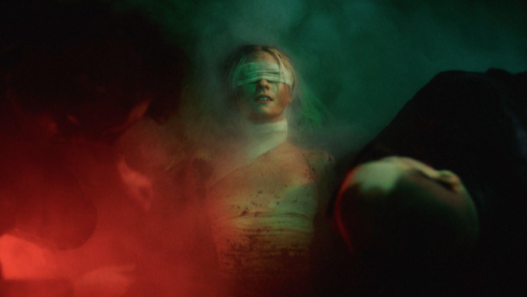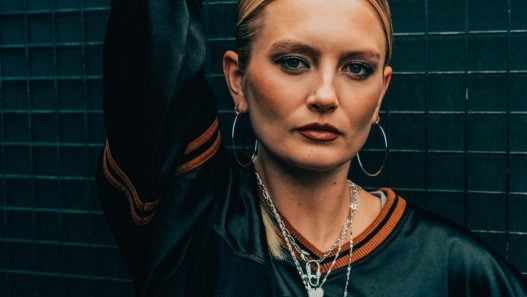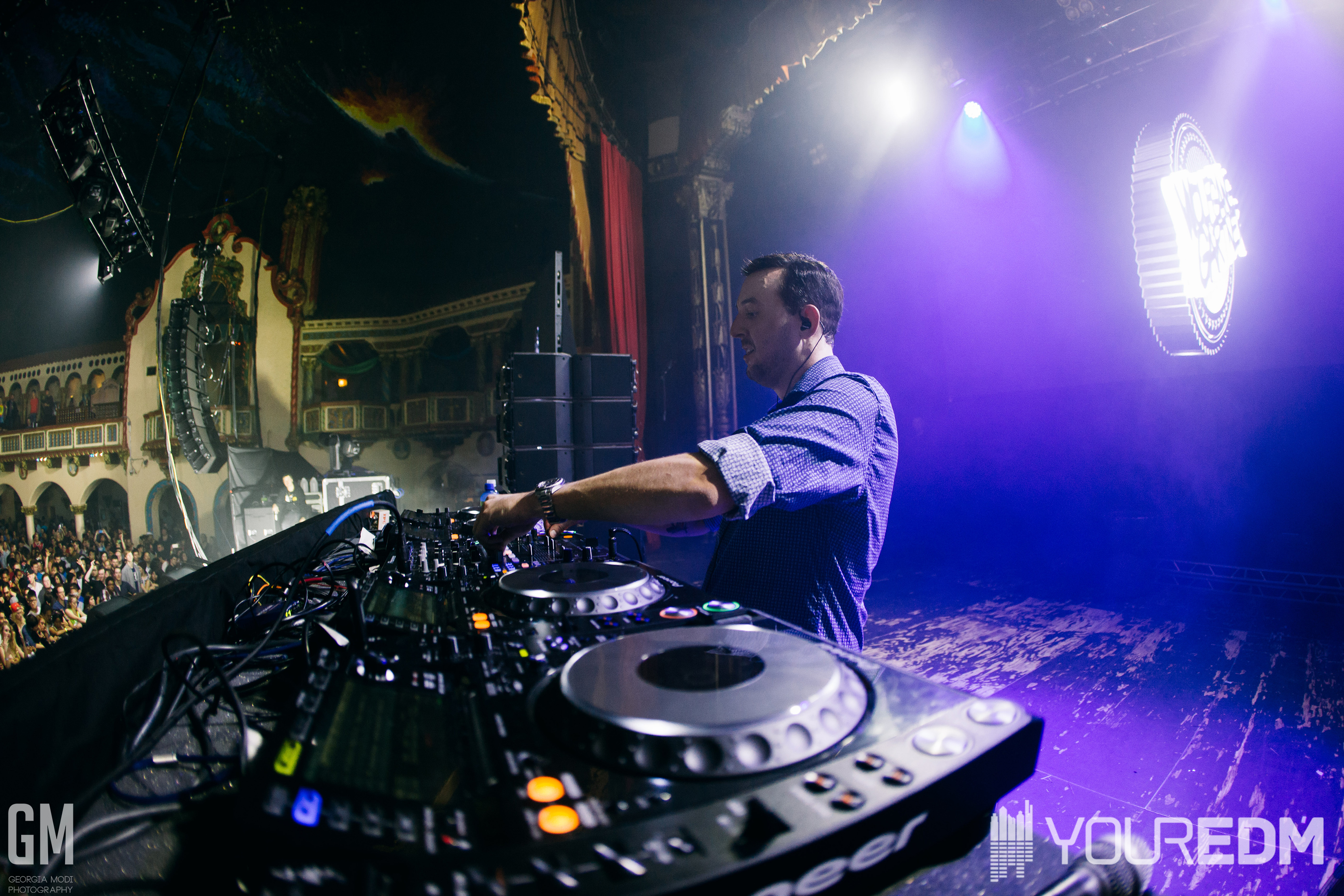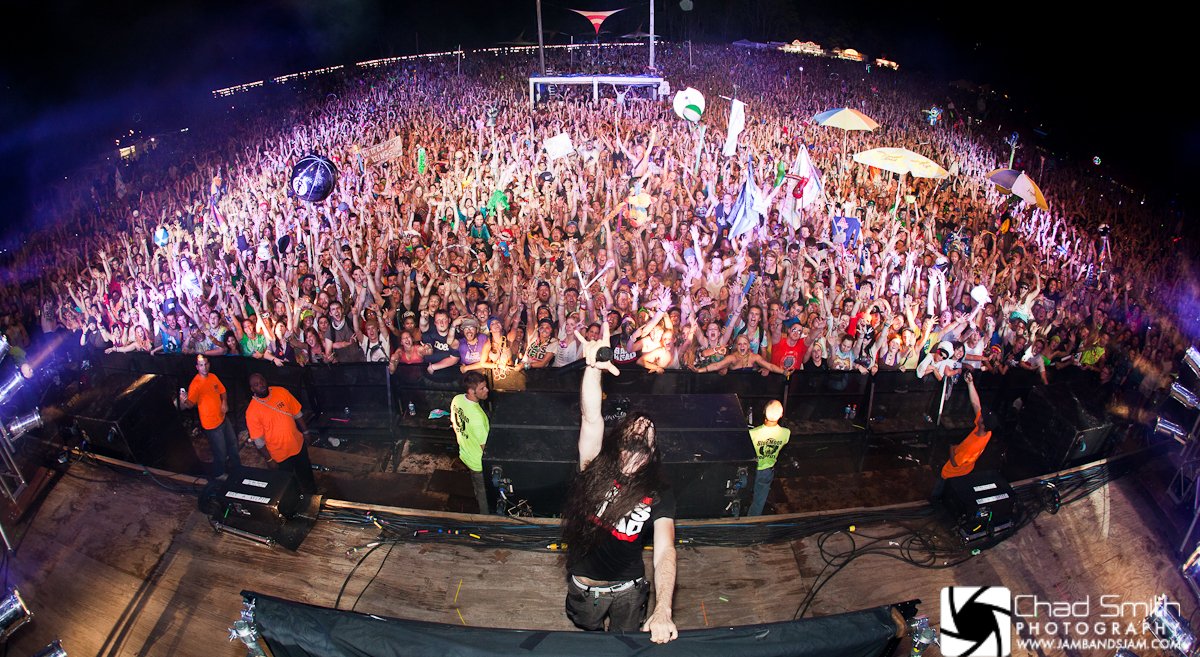It’s an interesting period for producer and DJ Thomas Jack. He’s become a bit of a poster boy for tropical house, but has recently distanced himself from the genre. 2016 will certainly mark a huge transitional year for him, as he plans the release of his debut album and plays massive festivals like Ultra Music Festival, Coachella, Governor’s Ball, and more with his brand-new live show. Late last year, Your EDM got the opportunity to interview Thomas Jack about his past, present, and future, discussing everything from farming to Dixon. Read our exclusive interview with Thomas Jack below:
You hail from Bega, a small rural town in Australia, and you got hands-on farming experience while growing up. What exactly did you do on the farm?
I grew up on this massive dairy farm with 2,000 to 3,000 cows, and we would milk them every morning and afternoon. That’s what I did growing up, pretty much everything to being a farmer. After that, I ended up moving to Sydney to go to school.
The school where you took your compulsory music class that got you into producing?
Yeah, and that’s where I discovered this program called eJay, and I was blown away by it. From there I was like, “Fuck I want to make music,” and I kept learning and started DJing and I always really enjoyed it. You always have that dream of thinking, “That’d be so cool if I could do this for a living,” and you can never expect what’s going to happen to you.
eJay is a sample-based program, so how did you go from there to Ableton, which you currently use?
So I was using eJay and what I wanted to do I couldn’t do [with the program]. I was looking at the samples and thinking, “How the fuck do you make them?” and I did this research online and I went into this music store and said, “Hey, I want to make music like Justice,” and that was back in 2006. The guy at the store was like, “OK cool, [Ableton] is the program you need then.”
You used to live with three friends who introduced you to a variety of different music. What music did they introduce to you to pave the way to the music you make now?
“They were the three chillest guys. One of them was into all this crazy African stuff, he lived in Africa for a long time. Another guy was into psychedelic and jazzy bands. The other one was into old-school music and live acoustic bands. Constantly being in a house surrounded by all that music really influenced me into what I wanted to make. They’d tell to add certain things to my music, and it changed how I make my music today.”
Some of your biggest inspirations are Enya, Pleasurekraft, Jack Johnson, and Paul Kalkbrenner. What music has inspired you recently?
“An African guitarist named Ali Farka Touré, he has a lot of really cool acoustic patterns in his songs that I really like. It’s so unique and it’s been really inspiring me. A lot of tech house, like the Life & Death label, and Dixon’s Innervisions label and stuff like that. Those have big been inspirations to me for the past two years. Their music is so intricate, it’s not like the traditional 4×4 style with the drop, but it’s all these weird sounds and you don’t know what’s going to happen. They interest me so much, and I’m putting that influence into my music now.
Now it’s time for new stuff, and I know some people want me to continue doing the same thing. I believe my job is to start a trend and to not follow a trend. Now in my sets I play new stuff, and two years ago when I was playing the tropical house stuff everyone was like, “What is this stuff?” and they didn’t really like it, but now everyone enjoys it. Now when I play shows, some people come across as disappointed because they expect more of what I used to play. It’s time for new stuff, and my job is to show you new stuff. I believe if you pay to see me, I want to show you incredible music you’ve never heard before and discover new music.”
In that respect you epitomize the role of the DJ as opposed to a modern EDM producer who plays the hits and that’s it.
“Exactly. It’s hard because people don’t understand that. For me, when I go to see a DJ, I want to hear all the new music. You want to hear all the shit you’ve never heard of before. But some people want you to play a certain song that you made three years ago. Yeah, I’ll play some of those songs, but I won’t play them all. That’s why I try now to influence people to get into new stuff.
It’s the same thing that happened to me when this whole tropical thing started, I played house music and in-between I put in the tropical songs. At first people thought it was too slow, but now people are obsessed with it. I think it’ll be an interesting transition. I never want to do the same thing, I want to keep surprising people.”
To go back in the past a bit, I wanted to ask who is Tom Foolery?
“Tom Foolery! Fuck! I’ve never been asked that. That’s a name I used to have. I was at the pub with someone I met and they were like, “Tom Foolery, what the fuck?” So I went home and tried to come up with a better name. I thought “Maybe Tom Johnston? No…” and then I thought of my middle name, Jack, and then I thought “Thomas Jack” and thought that sounded kinda cool and it stuck. I had all these weird names growing up, like Dirty-D. My second name was Bassics and then I went to Tommy, and then Tom Foolery and finally Thomas Jack.”
Lately you’ve on record criticizing tropical house. It’s a huge genre now, and many mainstream artists are hopping on the bandwagon now. Meanwhile, you’re signed to Warner Music for your debut album. How are your personal opinions toward tropical house and Warner Music’s expectations for your album aligning or conflicting?
“They’re into what I want to do, and at the end of the day they just want good music. They have a really good A&R, and he understands everything I want to do. The album is coming along well, it’s an album based off the idea of sitting on a couch chilling. Originally I was going to do a club theme, but said “Fuck it,” and I thought about people who listen to music not at a club, like people going home from work. I wanted to make something I cared about and really loved, so the album is based off blues and jazz stuff. It’s what I call the new Thomas Jack in a way. It should hopefully come out this year.”
How was your experience working with Warner Music compared to working with Pete Tong and FFRR Records?
“Warner is good, they’re bigger you know? They’re massive. They really have a lot of power, and they really help me a lot. It’s crazy. It’s a lot different from working with a smaller label, now there’s a lot more people involved. It’s quite overwhelming at times, sometimes there’s 30 people talking to you and I think “Holy shit!”
Looking to the future, how do you plan on experimenting with newer sounds without alienating a lot of your original fans who expect you to make tropical house?
“It’s just learning the crossover between everything. Now when I’m playing I’ll play a little bit of my sets differently then what I used to play so that people aren’t completely surprised. When I first started making tropical house with people like Kygo, I thought it was the dopest shit ever. It still is, I still love it, but for me it’s already done. I’ve always loved Dixon and DJ Tennis and stuff like that, their music is so funky and amazing, why aren’t there more people listening to it? I want to adapt what they’re doing to my own sound. It’s not like DJ sets with the “3, 2, 1, JUMP!” and “Let’s fucking go!” things. You’re just there and you just vibe.
You’ve talked about integrating live instruments into your sets, and your upcoming Ultra 2016 performance is billed as live set. Can you spill some details about that?
It’s different than what everyone else is doing for their live show in my sort of genre. It’ll have live instruments, and I’ll be playing the Live Stage. It’ll focus on the journey and have a lot of theatrical eleements.
Be sure to catch Thomas Jack’s first-ever live performance at Ultra Music Festival on Saturday, March 19 at the Live Stage.




















